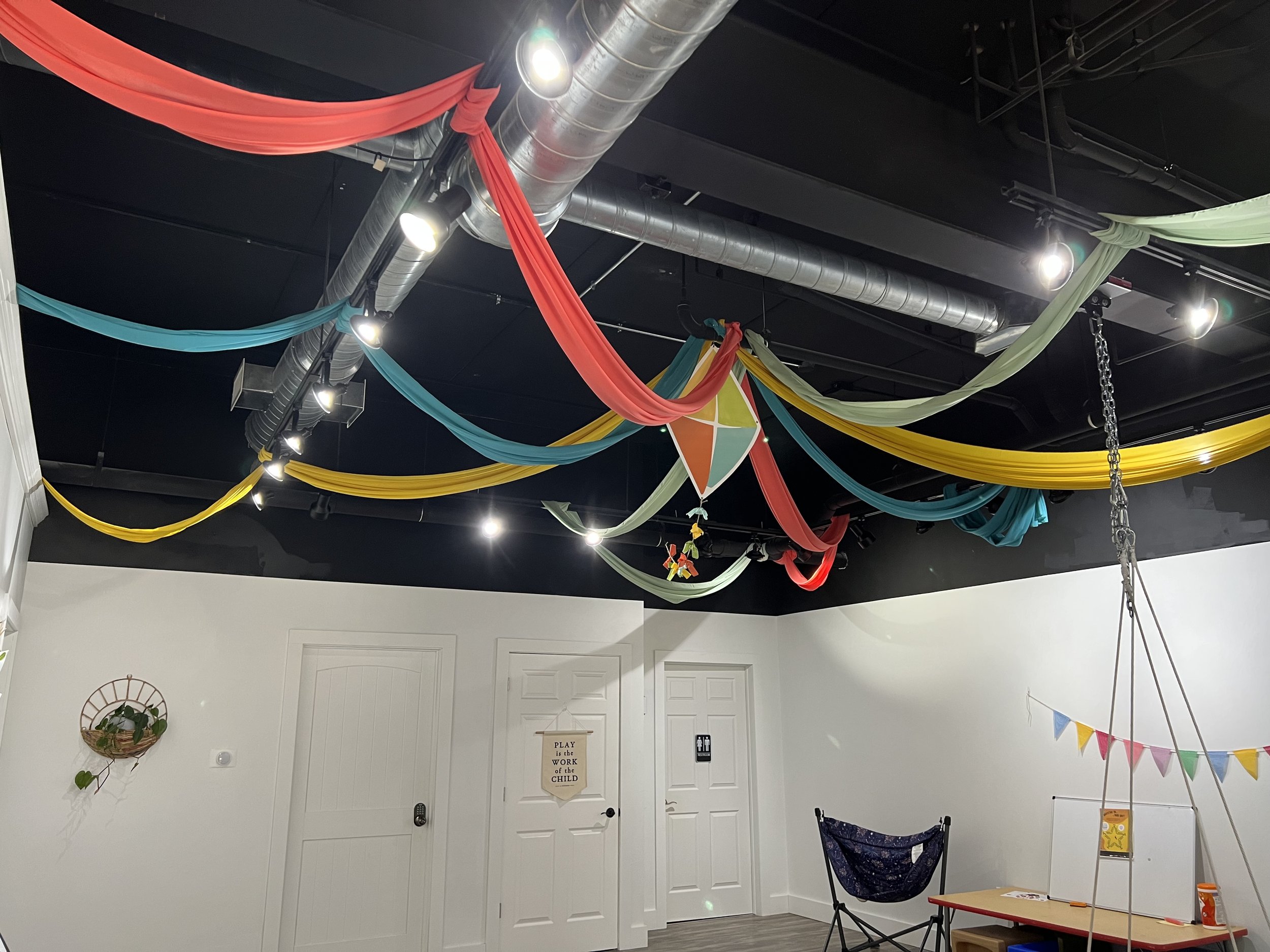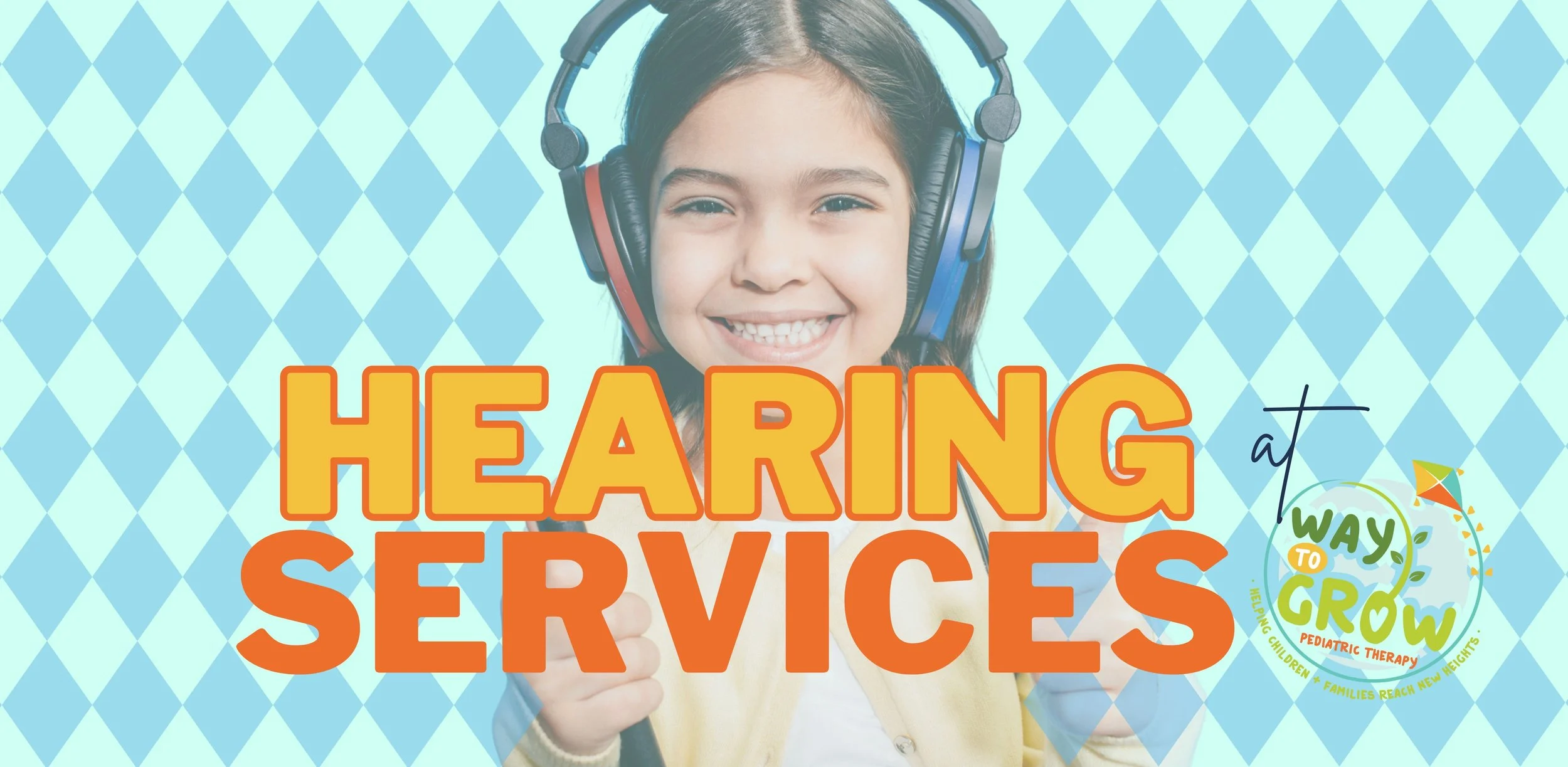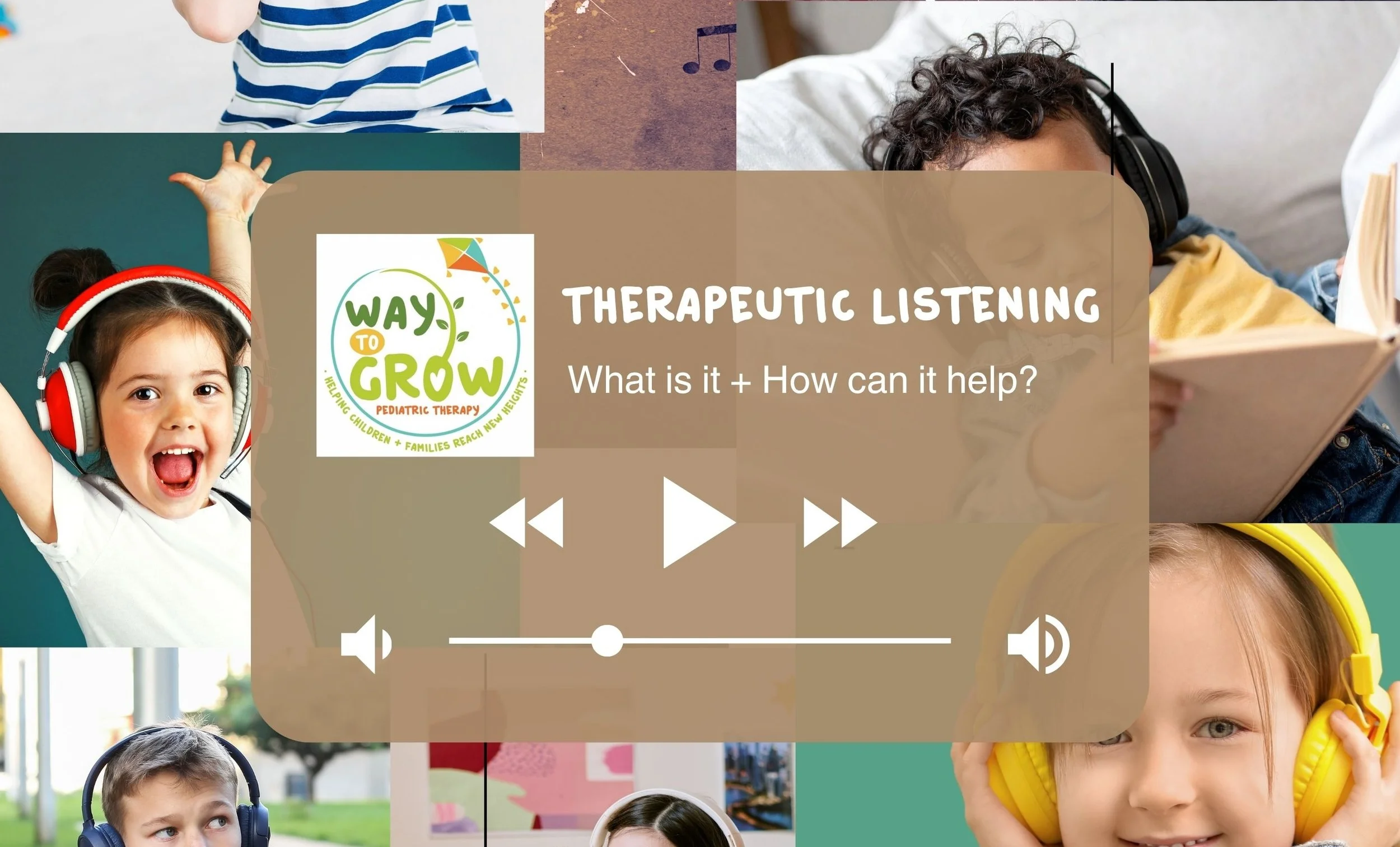A PLAY-BASED AND FAMILY-FOCUSED BLOG ABOUT ALL THINGS PEDIATRIC THERAPY
Scratchy voice: Just a cold… or something more?
It’s that time of the year, when the tissues are running out, sniffs and sneezes are all around, and you can tell as soon as someone says a word.. uh oh, they’re getting sick!
But what about those voice changes that stick around… or those voices that have always been hoarse and strained, as long as you can remember? When it is time to start asking some questions? How do you know when it’s time to do something about it - and who do you even go to?
Let’s Talk Hearing: An Inside Look with Our Audiologist, Joanna
Hearing plays a powerful role in how children connect, learn, and communicate. In this interview-style blog, Lauren sits down with our audiologist, Joanna, to talk through the hearing services we offer—from hearing evaluations and hearing aids to central auditory processing services—and how they support children at every stage.
‘Tis the Season… For Supporting Regulation All Holiday Long
‘Tis the season… for late nights, extra sugar, and nonstop activities and events.
The holidays can be filled with joyful and fun moments, but they can also feel chaotic and stressful for both you and your child. As excitement builds, daylight gets shorter, and routines unravel, here are a few tools to try to help support regulation around the holidays.
Grateful for Advocacy
At Way to Grow, we see firsthand the immense dedication and love you pour into your family every single day. We also know that even the most dedicated "CEOs" face the risk of burnout. When we get so caught up in giving, we can forget to advocate for ourselves. But here's a truth we hold dear: your well-being is not a luxury; it's a vital part of your family’s mission.
Helping Children Grow with Therapeutic Listening
Most of us can think of a time when a song came on the radio and our mood instantly changed. It may have made you smile, start dancing or have a calming effect. What if I told you music can help your child regulate to grow and reach their goals? Well, it can with Therapeutic Listening, a unique program developed by Vital Links. Therapeutic listening isn’t about playing background music to sooth your child. It is researched based approach that uses carefully altered sound to help children’s brains and bodies work together more smoothly.
PDA + Selfcare: PDA Toolbox Part II
Hours at the spa, 18 holes of golf, five course meal; maybe before PDA... While living in survival mode, finding small, really small things that bring joy but require you to focus is essential.
Incorporating fine motor skills into everyday play!
Fine motor skills involve the coordinated movement of the small muscles of the hands to carry out such activities as writing, coloring, opening containers, or using scissors.









